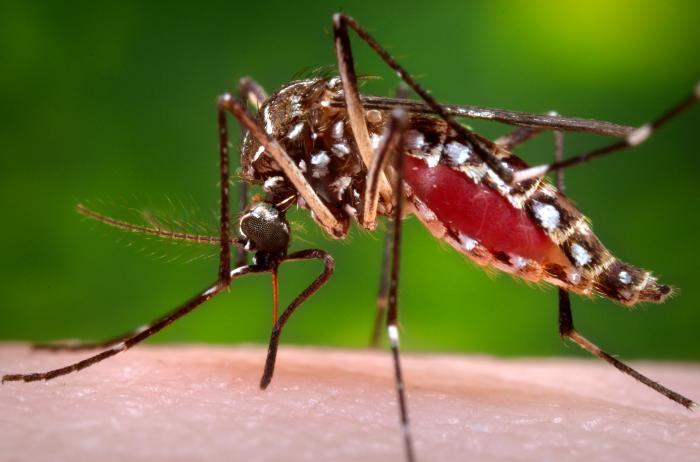Plans to launch a Global Arbovirus Initiative for the South East Asia (SEA) Region
With urbanization, the threat of arboviral diseases spread by mosquitoes has raised the question of the adequate capacity of health systems to detect, prevent and respond to outbreaks in a timely and efficient manner. This challenge can only be addressed through an understanding of the existing capacity of countries for arboviral disease surveillance (epidemiological and entomological) for disease control and identification of the countries that require capacity strengthening in these areas. Efforts to prevent and control arboviral diseases include epidemiological surveillance with detection and clinical management of cases as well as entomological surveillance and control of vectors.
The World Health Organization plans to launch a Global Arbovirus Initiative. The Initiative will initially focus on Aedes-borne arboviral diseases and aims to strengthen the coordination, communication, capacity-building, research, preparedness, and response necessary to mitigate the growing risk of epidemics due to arboviral diseases.
The initiative is being proposed as a collaborative effort between the World Health Emergencies programme, the department of control of Neglected Tropical Diseases, and the Immunization, Vaccines and Biologicals department. The pillars of this initiative are to:
- Monitor risk and anticipate
- Reduce epidemic risk
- Strengthen vector control
- Prevent and prepare for pandemics
- Build a coalition of partners
- Enhance innovation and new approaches
As part of the regional consultation, the Infectious Hazard Management ( IHM) Unit of the WHO’s Health emergencies programme , Neglected Tropical Diseases (NTD) unit of the Communicable Diseases and Surveillance (CDS) Department at WHO’s South East Asia Regional office (SEARO) engaged with WHO Head Quarter’s Global Arbovirus Initiative group of the Global Infectious Hazard Preparedness at the WHO’s Health Emergencies Programme to provide regional perspectives for inclusion in the global strategic framework.
Given the relevance of arboviral diseases in WHO’s South East Asia Region (SEAR), priority issues recommended for inclusion in the global framework include alignment with health systems for health security, clinical management, strengthening vector surveillance and entomological capacity, and operational research, among others.
Regional consultations will now be followed by a series of workshops to discuss different pillars of the Global Arbovirus Initiative with regional experts and seek their inputs to inform the WHO Technical Advisory Group for Arboviruses before finalizing the composition and launch of the initiative.

